Media coverage
Share

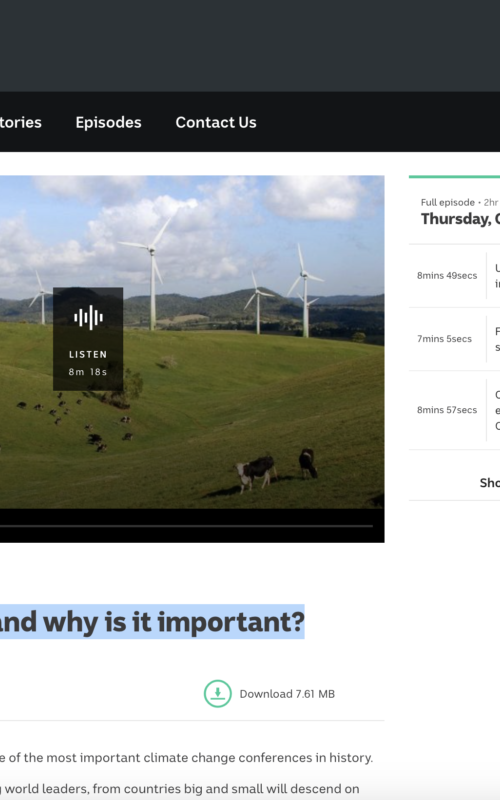
Bill Hare speaks to the importance of COP26 in Glasgow and what it must deliver, six years on from Paris.
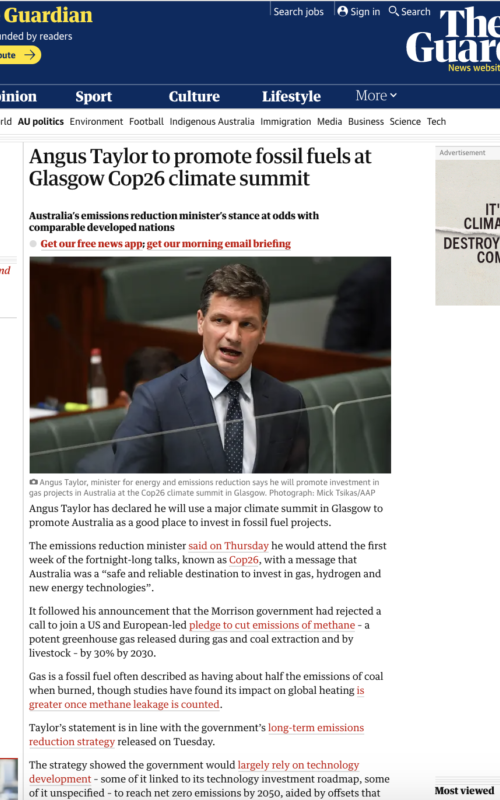
Bill Hare warns that the Morrison Government are not good faith actors on climate, as COP26 approaches.
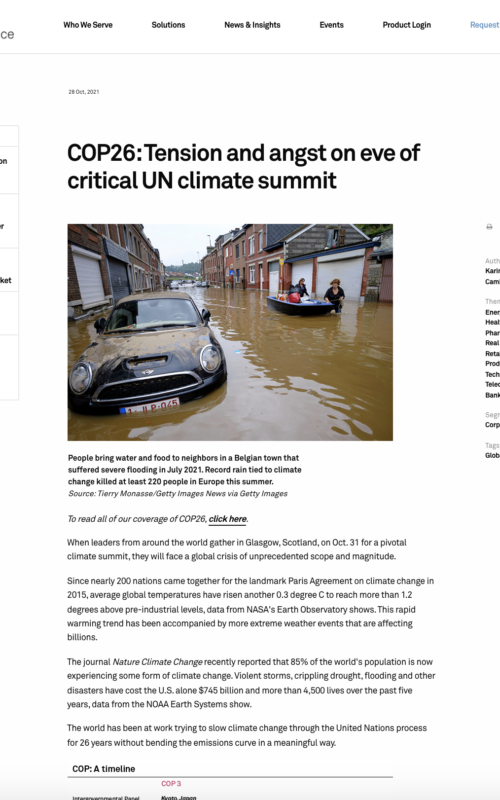
The Closing the Gap report is cited by S&P Global Market Intelligence in its pre-COP26 coverage.
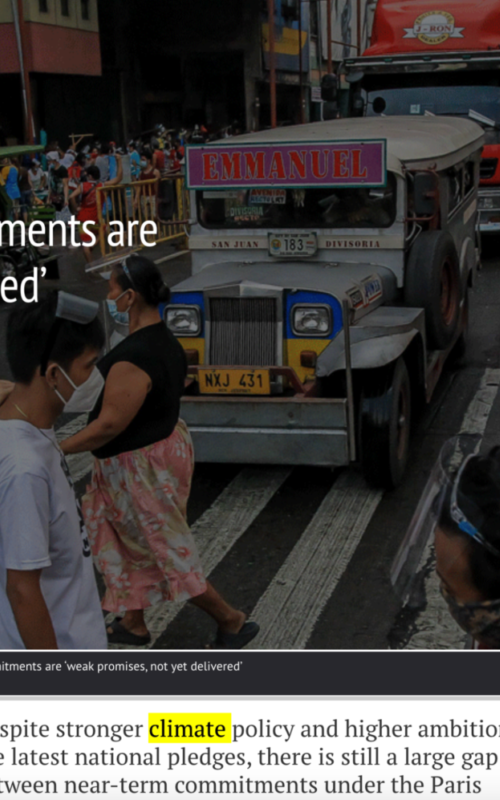
The new Emissions Gap report is analysed in this Carbon Brief report, reflecting similar figures put together in the Climate Action Tracker.
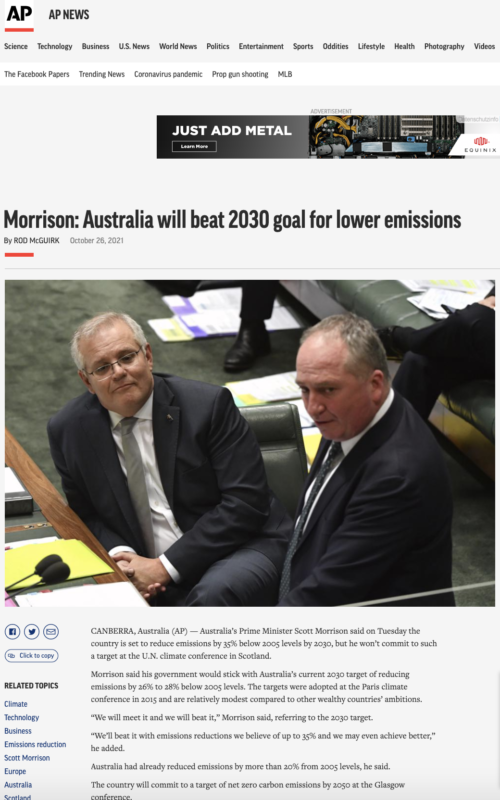
Bill Hare comments on Australia's emissions, citing our latest report on Australian climate action, which found that Australia would likely already achieve a 35% reduction with action at state level on renewable energy, land use and electric vehicles.
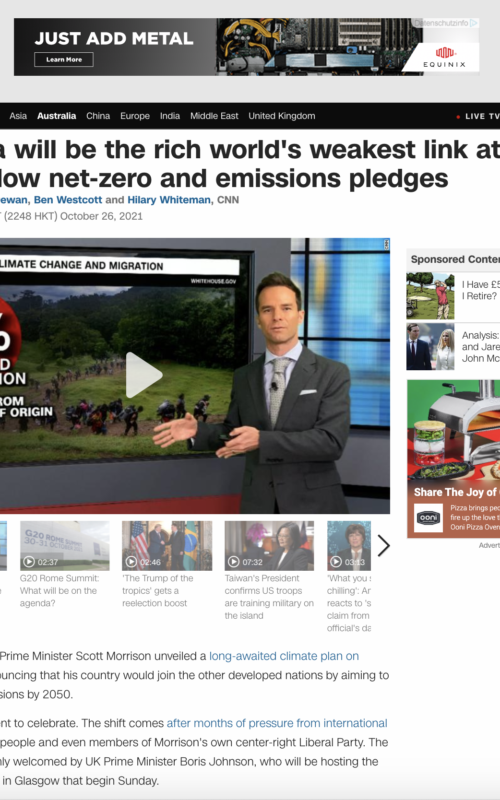
Bill Hare comments on Australia's plan to get to net zero by 2050, saying "it doesn't stack up".
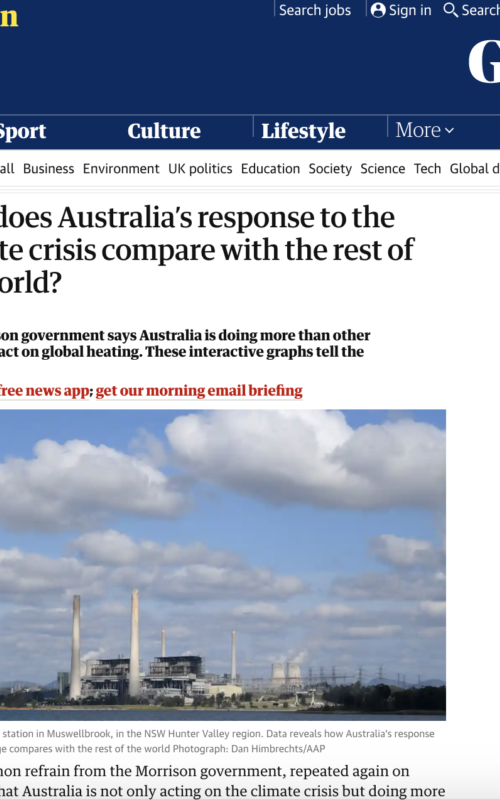
Analysis of country action of climate change features in this Guardian article comparing Australia to other nations.


